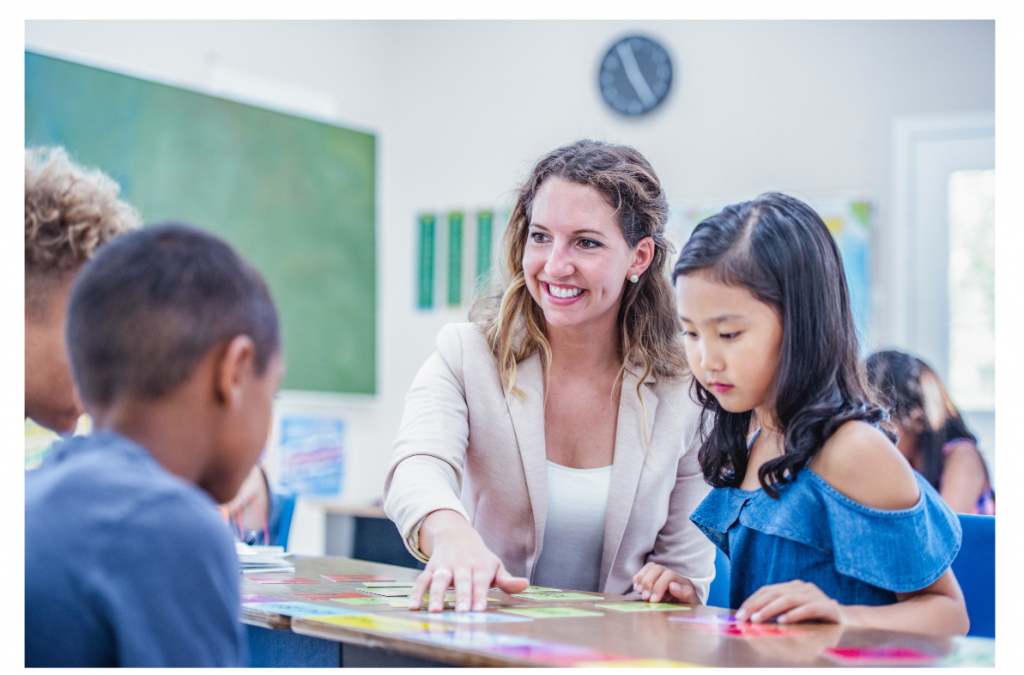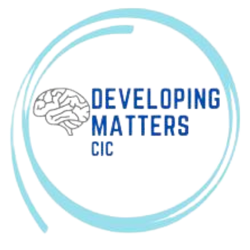What is wellbeing?
It is the state of being comfortable, healthy and happy. If we have things going on in our lives we can find our wellbeing can suffer and we can constantly be locked in our fight, flight, freeze response instead of the rest, repair, digest mode in which we can live our lives in (Fight, Flight, Freeze).
Good wellbeing helps us to be resilient and happy and to have the tools to get through life’s tough events and over obstacles. It is also understanding that we do have difficult emotions at times and this is part of being human, but to know how we can help ourselves and others with difficulties. Unfortunately, in the busy and modern world and particularly since the pandemic turned our worlds upside down in 2020, anxiety is on the increase for young people and adults.

How to work towards good mental health.
Learning how to talk about our anxieties and getting through the current world changes is extremely important to support our own mental health and wellbeing and that of the future generation. Physical health also supports mental wellbeing, being active, healthy eating and rest are all constant reminders we need to teach young people.
The brain can be extremely busy! And we all need to learn this, no one is alone in having negative, busy, worrying thoughts… that’s how the brain works. But talking more openly and also giving that time to talk and listen can help us and our young people share thoughts… and once they are out of the thinking mind they can feel less of a burden, less worrisome and for some it just gives the mind a chance to let thoughts go.
To-Do Plan in your Classroom…
With the school day being so busy, plan a couple of minutes into each day to have some rest time and mindful moments. This will help the busy mind to settle and focus on using different parts of the brain rather than being stuck in the thinking and worrying mode (which just makes us feel burned out and doesn’t give our brain time to recharge or refocus). Also to have an extra focus, plan mindful discussions and activities around themes that fit into the curriculum, or school events, seasons, or health focuses.
Keeping strategies simple is our only option. When in the classroom we have limited resources and limited time, but mindful moments do not have to cost anything (apart from our precious time) and having this timetabled into our day can help it become part of the day-to-day routine. There will be a high majority of young people who do need support as their mental health may have escalated too much and an intervention may be needed, however, we can have more in place that we call low-level interventions that can spread an ethos and practice of mindful living and encourage the shift from the busy mind to living more mindfully.
Teacher to-do Plan for Learning and Development
As a teacher, plan an hour a week to look into mental health and the support we can research and develop through sitting and giving some time to read through the websites listed at the bottom of this blog.
Ask you school if you can source out some mental health training, we have an online option for you to learn a vast amount about the brain, thoughts, feelings and behaviours and also how to develop strategies if you cannot get any face-to-face training; however, having conversations and face-to-face training is very valuable to help you unpick how to make a positive dent in this mental health crisis we are currently facing for our youths and also for ourselves.
There is a free to-do plan for you to print off to help you incorporate mindful moments to support good mental health and also to commit an hour a week to research or learning about mental health and how you can support your pupils.
Free resource…. Here is our Weekly To-Do Plan template for you to print off and use
https://www.canva.com/design/DAF83oKOcFI/vhmaeYRaJheQy3NwVLvA6w/view
Also, here is the link to read about how to create a Mindful Strategies List
If you would like to work through a Mindful & Wellbeing Intervention with your pupils, then our 9-moduled course manual is ideal. I work with lots of young people, we read each session together and complete the follow-up activity. It opens up a lot of talking opportunities and also learning and understanding about the brain, thoughts, feelings and behaviours it a child-friendly format. You purchase the downloadable PDF once and use as many time as you need to in your school (suggested from Year 4 upwards) Mindful & Wellbeing Course Manual for Young People (PDF)
Other useful websites for great mindful activities to support good mental health are:
https://www.nhs.uk/every-mind-matters/supporting-others/childrens-mental-health/
https://www.childrensmentalhealthweek.org.uk/schools/primary-age-activities/
https://www.twinkl.co.uk/blog/10-of-the-best-strategies-to-support-childrens-mental-health
